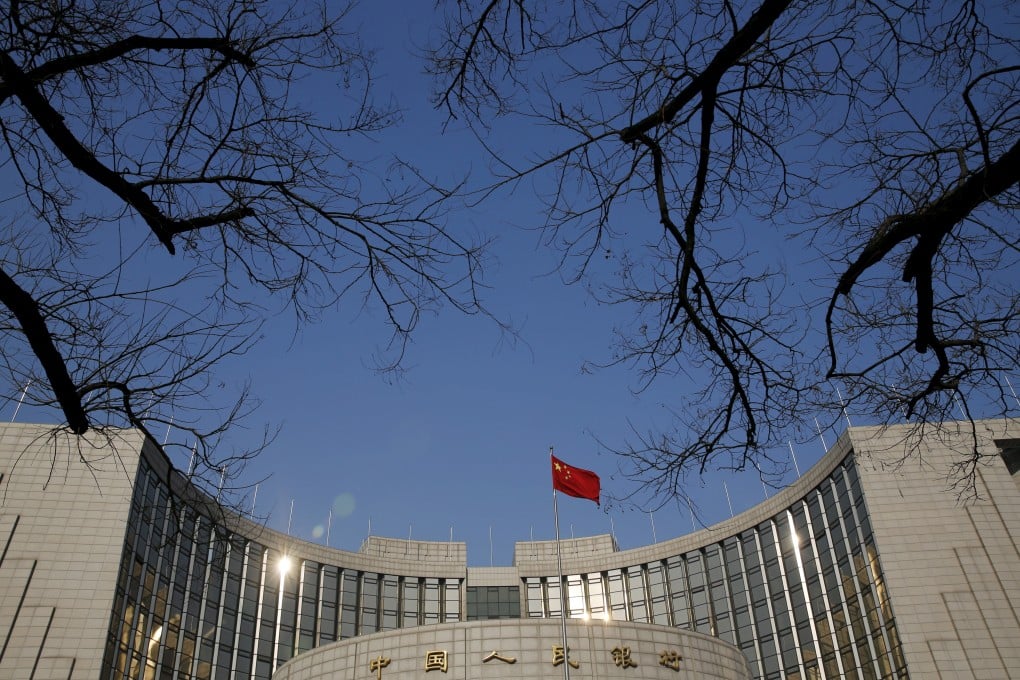China central bank branch to destroy banknotes from coronavirus-hit sectors
- Paper currency collected from hospitals and buses among those targeted by the People’s Bank of China’s (PBOC) in a public health push
- Other notes will be disinfected and stored for 14 days before going back into circulation

The Guangzhou branch of China’s central bank says it will destroy all banknotes collected by hospitals, wet markets and buses to ensure the safety of cash transactions as the country battles a coronavirus outbreak.
Commercial banks in the province should put banknotes from these sectors aside, disinfect them and hand them in to the PBOC.
The order comes after Fan Yifei, deputy governor of the central bank, said on Saturday that 600 billion yuan (US$85.6 billion) of new banknotes had been distributed throughout the country since January 17, including 4 billion yuan (US$572 million) in fresh notes sent to Wuhan at the centre of the outbreak before the Lunar New Year.
The central bank said that in general it would use high temperatures or ultraviolet light to disinfect cash, and store the currency for more than 14 days before putting it back in circulation.
Nearly 3 billion yuan in new banknotes was injected into the southern province of Guangdong, excluding Shenzhen, between February 3 and 13, while 7.8 billion yuan was withdrawn from circulation, the PBOC said.